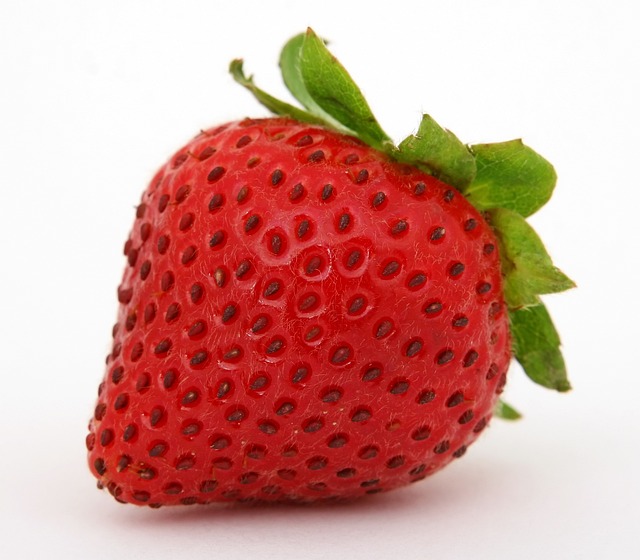Probiotics Decoded: Understanding the Science Behind These Beneficial Bacteria
Probiotics have gained significant attention in the health and wellness industry for their potential to improve gut health and overall well-being. But what exactly are probiotics? How do they work? In this blog, we will delve into the science behind these beneficial bacteria and understand their potential benefits for human health.
What Are Probiotics?
Probiotics are live microorganisms, primarily bacteria, that provide health benefits when consumed in adequate amounts. They are often referred to as “good” or “friendly” bacteria because of their ability to establish a symbiotic relationship with our bodies.
In our digestive system, there exists a complex community of microorganisms known as the gut microbiota. This microbiota is composed of trillions of bacteria, both beneficial and harmful. Probiotics help maintain a balance between the beneficial and harmful bacteria, promoting a healthy gut environment.
How Do Probiotics Work?
Probiotics work in several ways to support our health:
- Restoring Gut Flora: Certain factors like antibiotic use, stress, and poor diet can disrupt the balance of gut bacteria. Probiotics help restore the natural balance of gut flora by replenishing the beneficial bacteria.
- Enhancing Digestion: Probiotics aid in the breakdown of food and the absorption of nutrients. They produce enzymes that help break down complex carbohydrates, proteins, and fats, making it easier for our bodies to digest and absorb essential nutrients.
- Strengthening the Immune System: A significant portion of our immune system resides in our gut. Probiotics stimulate the production of immune cells, promoting a robust immune response to infections and diseases.
- Modulating Inflammation: Imbalances in gut bacteria can lead to chronic inflammation, which is associated with various health conditions. Probiotics may help reduce inflammation by restoring a healthy balance of gut microbiota.
- Producing Beneficial Substances: Some strains of probiotics can produce substances like short-chain fatty acids, which provide nourishment to the cells lining our gut. These fatty acids also have anti-inflammatory properties and contribute to overall gut health.
The Benefits of Probiotics
The consumption of probiotics has been linked to numerous health benefits, including:
- Promoting digestive health and alleviating symptoms of digestive disorders such as diarrhea, constipation, and irritable bowel syndrome (IBS).
- Boosting immunity and reducing the risk of respiratory and gastrointestinal infections.
- Supporting mental health by improving mood, reducing anxiety, and alleviating symptoms of depression.
- Managing weight by promoting healthy metabolism and reducing the risk of obesity.
- Contributing to heart health by lowering blood pressure, reducing cholesterol levels, and improving overall cardiovascular function.
- Alleviating skin conditions like eczema and helping maintain healthy skin.
- Improving oral health by reducing the risk of gum disease and tooth decay.
Sources of Probiotics
Probiotics can be obtained through certain foods and dietary supplements. Some common food sources of probiotics include:
- Yogurt: Look for yogurts labeled with “live and active cultures.” These contain specific strains of bacteria known to have probiotic benefits.
- Kefir: A fermented milk drink that contains a diverse range of probiotic bacteria.
- Sauerkraut: Fermented cabbage that acts as a natural source of probiotics.
- Kombucha: A fermented tea with probiotic properties.
- Miso: A traditional Japanese seasoning made from fermented soybeans.
It’s important to note that not all yogurts and fermented foods contain live probiotics. Some products go through processes like pasteurization, which can kill the beneficial bacteria. Always check the labels to ensure the presence of live cultures.







